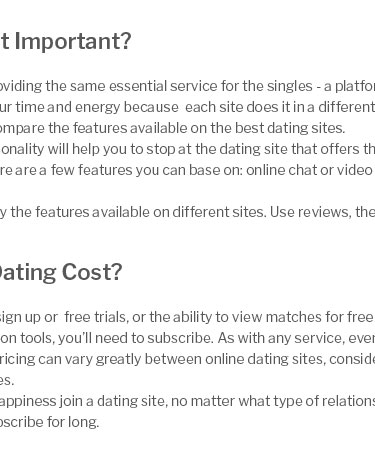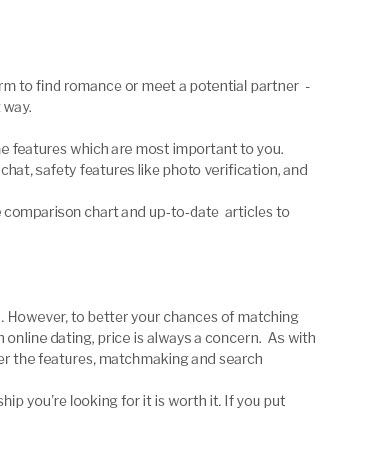 |
 |
|---|
|
|
|
|---|---|
 |
 |
 |
 |
|---|---|
 |
|
 |
|
 |
|
 |
|
 |
|
 |
|
 |
|
 |
|
 |
|
 |
|
 |
|
 |
|
 |
 |
 |
|---|
married discreet affairs: context, ethics, privacyPeople use the phrase “married discreet affairs” to describe extramarital connections kept private. The topic raises complex questions about consent, boundaries, risks, and digital safety. This article offers context, ethical considerations, and harm-reduction guidance without endorsing deception. What the phrase usually meansDiscretion typically refers to minimizing exposure, gossip, or digital traces. Motivations vary, and so do consequences. Common motivations
Infidelity versus consensual nonmonogamyInfidelity involves breaking an agreement. Consensual nonmonogamy creates agreements that include outside intimacy. The behaviors may look similar, but the ethics and impact differ drastically. Ethics, consent, and boundariesAgreements and informed consent
Emotional risks and self-care
Honesty with yourself is non-negotiable. Discretion, privacy, and digital safetyWhether you are browsing or chatting, prioritize data protection and consent. Some people explore platforms that advertise privacy features, such as anonymous hookup sites, but no tool eliminates risk. Treat privacy as a practice, not a product. Practical privacy hygiene
Red flags and risks
Privacy requires boundaries, patience, and exit readiness. Social and legal considerationsRelationship agreements, housing, finances, and parenting can be affected by extramarital behavior. Understand potential consequences for trust, co-parenting dynamics, and community reputation. If safety or coercion is present, seek professional and legal support. Platforms and vettingIf you explore adult-oriented platforms or casual hookup sites that work, prioritize transparency, moderation standards, and user safety tools. Remember: platform marketing claims rarely reflect actual safety.
Communication choicesTalking with your spouse or partnerConsider expressing needs directly: “I’d like to talk about intimacy and connection; can we explore what each of us is missing and how to address it together?” If proposing nonmonogamy, emphasize boundaries, ongoing consent, and the option to pause. Exiting an affair safely
Key takeawaysConsent and clarity reduce harm. Privacy is never perfect. Care for all parties, including yourself. FAQ
https://www.her.ie/life/life-is-short-have-an-affair-here-are-the-married-women-who-cheat-on-their-husbands-35306
The website prides itself on it's ability to find an affair and cheating partners, claiming that thousands of married people flock to the site daily looking for discreet ... http://www.e-otomo.co.jp/married-woman-single-man-affair/
Discreet Affair Dating Sites. Get our newsletter every Friday! Susan love the successful owner and operator of four metropolitan home design studios. She's ... https://www.timeslive.co.za/sunday-times/lifestyle/2020-02-18-sa-has-18-women-to-every-1-man-on-cheating-site-ashley-madison/
... individuals with an alternative to divorce through discreet affairs. ... up on the site last year, which tells you how many married people are, ...
|
|---|